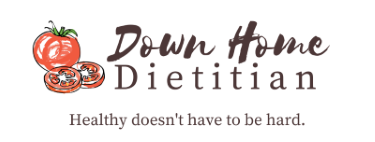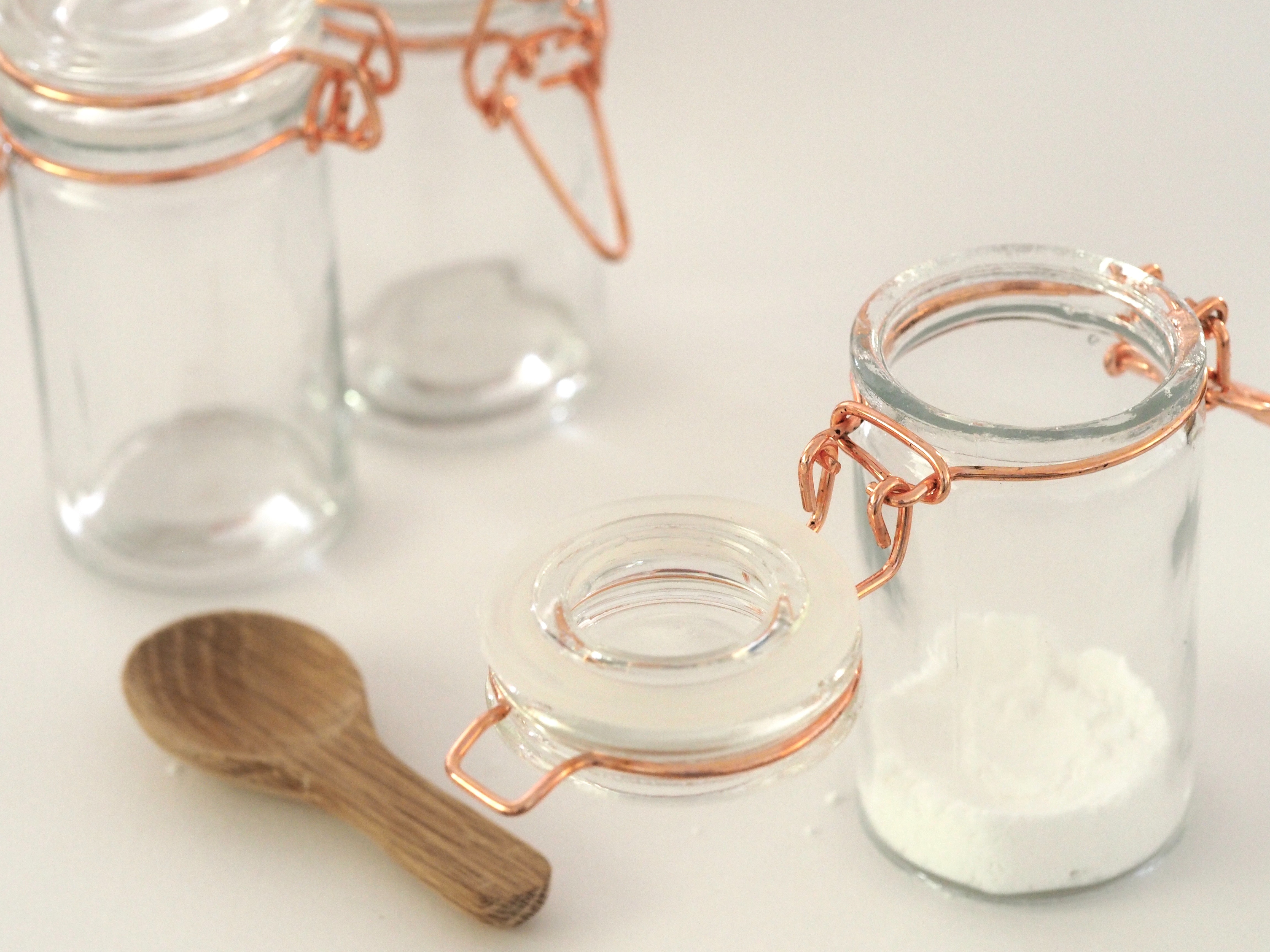Sugar Alternatives: Sweet solution or damaging and dangerous?
What a great question. I get asked about sugar alternatives all the time and it is one of the more frustrating areas of nutrition for me.
As a dietitian, I am held to practice evidence-based nutrition, which means providing recommendations to patients based on the information that research provides. The tricky part with research is that, darn it, it doesn’t always agree with itself. One study will say something is fine, another will say it will cause you cancer (a great reason not to change your eating habits based on one single news clip, health news article, or Dr. Oz show).
We are only as good as the research that we have, and when it comes to sugar alternatives, I don’t feel that what we have is great. We have a lot of research in some areas, and not as much in others, but I struggle with the research we have because some of it is funded by industries that have a financial stake in the results (think sugar companies or artificial sweetener companies) and the methods aren’t always great assessments of real-life application.
So what I end up giving my patients is the information that we do have on all of their choices, and advise them to make a personal decision. Here is what we have so far:
Artificial sweeteners like sucralose (Splenda®), aspartame (Equal®, Nutrasweet), and saccharin (Sweet‘N Low®)
- Pros: Do not raise blood sugar significantly (1, 2) do not provide calories. (3, 4)
- Cons: Do not occur naturally, some have an unpleasant aftertaste, sucralose may worsen insulin resistance. (5)
- What is unclear: conflicting research on whether artificial sweeteners may increase hunger (the first two references say it does, the latter four found it did not) (6, 7, 8, 9, 10, 11), aspartame has been linked to increased occurrence of cancer, though in the spirit of full disclosure the methods of this study have been debated. (12)
Stevia (Truvia®)
- Pros: Does not raise blood sugar, provide calories, or increase hunger (13), some researchers claim it may have anti-hypertensive, anti-inflammatory, and anti-carcinogenic benefits (14), comes from a leaf that grows naturally.
- Cons: The safety of consuming stevia in large amounts has not been well-studied, though preliminary reviews have considered it safe (15).
Agave Nectar
-
- Pros: May have a lower glucose and insulin response than sugar and cause less weight gain than sugar (16), occurs naturally.
-
- Cons: Provides calories, raises blood sugar and can lead to insulin spikes in large amounts, causes inflammation, contains high levels of fructose which may increase BP (17) and worsen insulin sensitivity (18).
Honey
-
- Pros: Unprocessed raw local honey is generally easy to find (albeit expensive), has higher antioxidant content than other sweeteners including sugar (19), occurs naturally.
-
- Cons: Provides calories, raises blood sugar and can lead to insulin spikes in large amounts, causes inflammation.
Sugar (including raw sugar/turbinado sugar, cane sugar, and brown sugar)
- Pros: Tasty – that’s about it. Raw sugar and brown sugar have slightly more antioxidants than refined sugar (19).
- Cons: Provides calories, raises blood sugar and can lead to insulin spikes in large amounts, causes inflammation, offers empty calories without micronutrient value (20).
So there you have it. It’s unfortunately not as simple as “which is the best sweetener to use?” Your goals, personal convictions, and body all play in to that choice.
Other tips: work on decreasing your use of sweetening agents in general, and don’t put all your sweetener eggs in one basket. In other words, moderate. Small amounts of a few different kinds of sweeteners in your diet is less likely to cause the damage that might occur from getting all your sweetening from one particular source.
Sources (Yes, I know – lazy, linked sources without full citations):
- http://care.diabetesjournals.org/content/19/9/1004.short
- http://www.sciencedirect.com/science/article/pii/S0002822303013646
- http://ajcn.nutrition.org/content/51/6/963.short
- http://www.sciencedirect.com/science/article/pii/S0273230009000786
- http://www.healio.com/endocrinology/obesity/news/online/%7Bd976c2ee-06ee-425f-b1eb-aa3b6cbc2891%7D/non-nutritive-sweetener-effects-may-contribute-to-insulin-resistance-in-consumers-with-obesity
- http://agris.fao.org/agris-search/search.do?recordID=US8466072
- https://www.researchgate.net/profile/Jacquie_Lavin/publication/14185276_Lavin_JH_French_SJ_Read_NW._The_effect_of_sucrose-_and_aspartame-sweetened_drinks_on_energy_intake_hunger_and_food_choice_of_female_moderately_restrained_eaters._Int_J_Obes_Relat_Metab_Disord_21_37-42/links/541c1ece0cf241a65a0bb530.pdf
- http://www.sciencedirect.com/science/article/pii/S0195666310000826
- http://www.sciencedirect.com/science/article/pii/0031938490902542
- http://www.sciencedirect.com/science/article/pii/003193849090350D
- http://www.sciencedirect.com/science/article/pii/0031938488902077
- http://www.jstor.org/stable/
4626891?seq=1#page_scan_tab_ contents, http://jnen.oxfordjournals. org/content/55/11/1115. abstract - http://www.sciencedirect.com/science/article/pii/S0195666310000826
- http://www.academicjournals.org/article/article1386344782_Gupta%20et%20al.pdf
- http://www.sciencedirect.com/science/article/pii/S1572599502800394
- http://online.liebertpub.com/doi/abs/10.1089/jmf.2013.0162
- http://hyper.ahajournals.org/content/10/5/512.short
- http://www.sciencedirect.com/science/article/pii/0026049580900414
- http://www.sciencedirect.com/science/article/pii/S0002822308018919
- Gropper, S. A. S., Smith, J. L., & Groff, J. L. (2009). Advanced nutrition and human metabolism. Australia: Wadsworth/Cengage Learning.





Leave a Comment